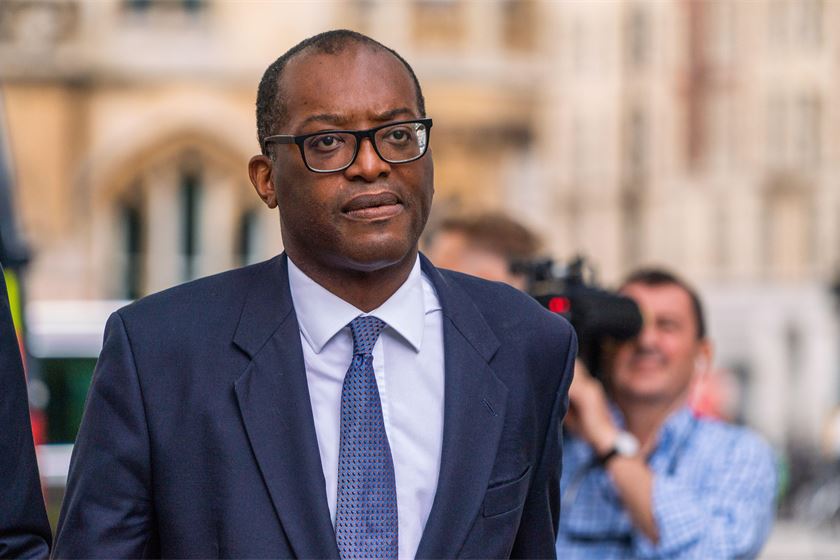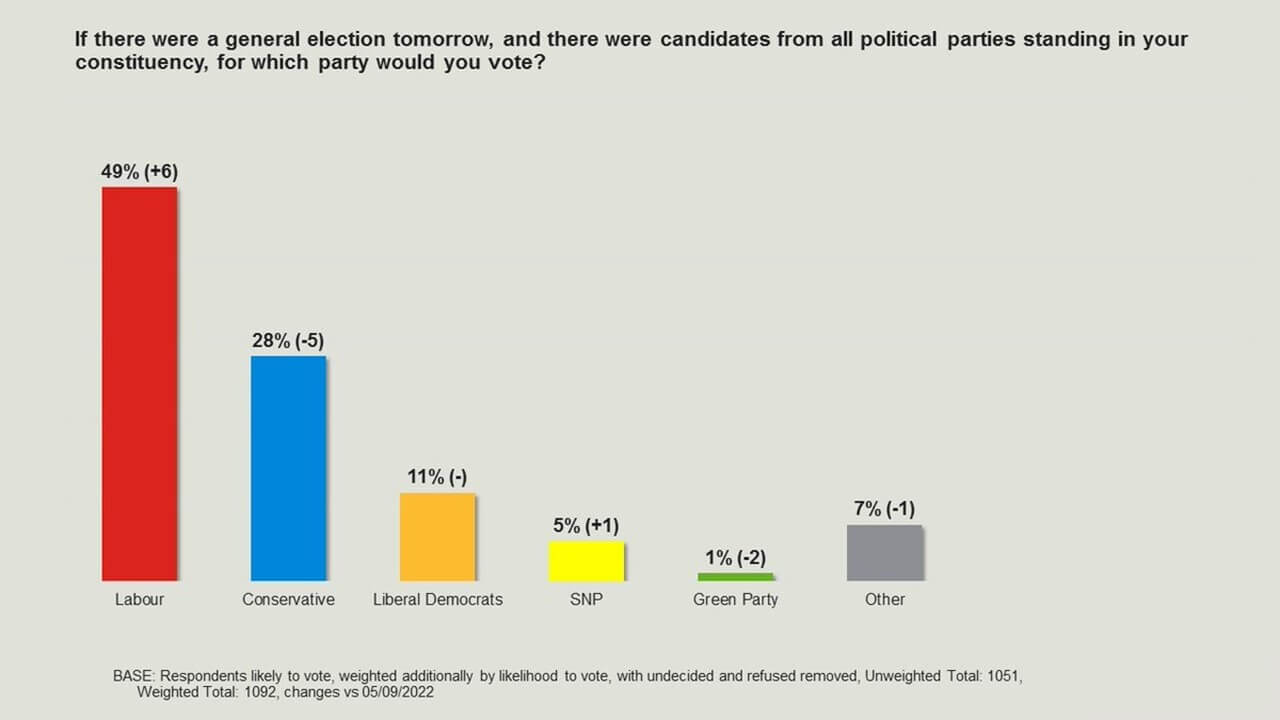UK
MPs demand publication of OBR advice to Kwarteng
Think tank dubs chancellor’s rejection of further pre-budget advice “inexplicable”
Photo: amer ghazzal/Alamy Live News
By Jim Dunton
30 Sep 2022
CIVIL SERVICE WORLD
Members of parliament’s influential Treasury Select Committee have called on embattled chancellor Kwasi Kwarteng to publish an Office for Budget Responsibility outlook he was provided ahead of last week’s mini-budget.
Committee chair Mel Stride also said Kwarteng’s decision not to seek a further forecast from the OBR to be published alongside the £45bn package of tax cuts set out on 23 September had fuelled global financial markets’ lack of confidence in the UK government.
“Some have formed the unfortunate impression that the government may be seeking to avoid scrutiny, possibly on account of expecting the OBR forecast to be unsupportive of the achievement of the economic outcomes the government expects from the Growth Plan,” he said.
While the OBR had made preparations to provide forecasts to support the mini-budget, Kwarteng would have had to request the information and he did not.
However the OBR did provide the new chancellor with an initial baseline economic and fiscal forecast when he took office earlier this month, and Stride’s committee is demanding the immediate publication of that document.
In a letter to Kwarteng yesterday, Stride wrote: “As you know this forecast would have informed us as to how the outlook had changed since the last full OBR forecast (23 March) given the deteriorating economic conditions and policy interventions prior to your appointment. Please could you confirm that you will make public that forecast immediately?”
Stride also called on Kwarteng to bring forward his promised medium-term fiscal-policy statement, earmarked for November 23, to a date around the end of October or in very early November.
He said the OBR had confirmed it would be able to produce a full forecast by the end of October and a “meaningful” one beforehand. Stride said bringing forward the policy statement – which will explain how the government intends to make the mini-budget work – would aid market understanding.
“Given the continued uncertainty within markets, there would be a clear advantage to moving the MTFP statement and the release of the OBR forecast to as early a date as possible,” Stride said.
He added that the move would be particularly helpful to the Bank of England’s Monetary Policy Committee.
“The MPC will benefit from clarity around your fiscal plans and access to an independent OBR forecast before their key meeting on 3 November, when they will be taking a critical decision around the level of base rate which will in turn have significant implications for the economy and for millions of people and businesses across the UK,” he said.
There was some good news for Kwarteng today, however.
Revised data from the Office for National Statistics showed that the UK economy grew by 0.2% between April and June, against earlier figures suggesting it had contracted.
The change indicates that the economy is not in recession, as the Bank of England predicted earlier in the month.
IfG raises alarm over Truss and Kwarteng’s disregard for “usual processes”
The past seven days have been hugely volatile for the UK economy. Sterling exchange rates with the US dollar reach an all-time low and the Bank of England was forced to intervene to halt rapidly declining values of government bonds.
While ministers have been quick to blame the uncertain international context, not least ongoing fallout from Russia’s invasion of Ukraine, Institute for Government deputy chief economist Thomas Pope said Kwarteng and Truss’ disregard for “usual processes” was a significant contributory factor.
He said Kwarteng and Truss had rushed into a fiscal event that did not need to take place for weeks and that the decision to sack Treasury perm sec Sir Tom Scholar in the first hours of the new government was likely linked to his “revealed or anticipated” opposition to their approach.
“This was a radical and extensive package of tax measures delivered less than three weeks into the prime minister’s term,” Pope wrote in an IfG blog.
“This is not enough time for such consequential policies to be stress-tested or for the chancellor to take on the advice of Treasury civil servants, who have a wealth of experience and expertise.
“A budget in late November would have afforded more time to adapt and improve policies while also placing them in the broader fiscal context.”
Pope said Truss and Kwarteng bore particular responsibility for the decision to terminally shut out Scholar’s insight.
“Rather than seek to seek understand the Treasury’s head civil servant’s view on the merits of the plan, or take on his advice for how to manage the policy, ministers’ approach was instead to remove the obstacle and assume that anyone espousing ‘Treasury orthodoxy’ would be of no help in their pursuit of a different economic agenda,” he said.
“By doing this and then moving so quickly, Truss and Kwarteng indicated their intention to sideline and undermine the Treasury and its advice rather than work with it.”
Pope said Kwarteng’s decision to reject the OBR’s offer of an updated economic and fiscal forecast was equally hard to understand.
“Inexplicably, he refused this offer, preferring to announce tax cuts free from the apparent strictures of needing to make the numbers add up,” he said.
Earlier today, Truss and Kwarteng met OBR chair Richard Hughes in an apparent bid to build bridges with the watchdog and reassure markets.

























